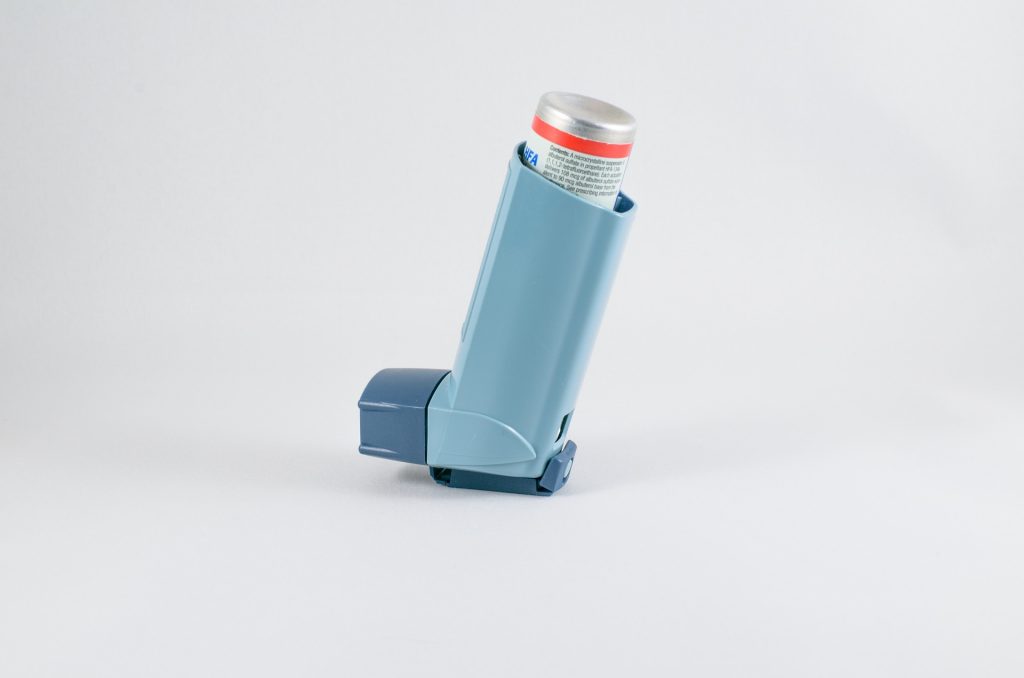
In a late-stage clinical trial, the biologic agent dupilumab reduced the rate of severe asthma attacks and improved lung function and asthma control for children ages 6 to 11, adding to the treatment options for children with moderate-to-severe asthma.
The findings of the international multicentre Liberty Asthma VOYAGE trial, appeared in the New England Journal of Medicine, and informed the agent’s approval in this age group by the Food and Drug Administration.
“This is a really important advance for children with moderate-to-severe asthma and their families,” said Leonard Bacharier, MD, an asthma specialist at Monroe Carell Jr. Children’s Hospital at Vanderbilt and the international lead investigator for the trial.
Asthma is the most common chronic disorder of childhood, according to the Centers for Disease Control and Prevention. It is a leading cause of hospitalisation for children, and children with moderate-to-severe asthma may have reduced lung function and be at greater risk for lung diseases in adulthood, said Dr Bacharier.
“As asthma gets increasingly severe, the burden becomes substantial, impacting the child and the entire family,” he said. “While we have very good asthma therapies available, none of them are perfect in eliminating severe exacerbations.”
Dupilumab, a monoclonal antibody that targets type 2 inflammation, has been approved for the treatment of asthma in adults and adolescents for several years. Based on its established safety and efficacy, the investigators conducted a Phase III clinical trial in 408 children aged 6 to 11 who had uncontrolled moderate-to-severe asthma.
In a double-blind trial, children received either a subcutaneous injection of dupilumab or placebo in addition to their standard therapy every two weeks for a year.
Most participants had markers of type 2 inflammation, namely elevated levels of immune cells called eosinophils and/or elevated levels of nitric oxide in exhaled air. In patients with these markers, dupilumab significantly reduced the rate of severe exacerbations – symptoms requiring systemic steroid treatment, need for emergency care or hospitalisation – by nearly 60%. Additionally, dupilumab improved lung function, measured by forced exhalation, and improved asthma control.
“This is the first study of its kind in children ages 6 to 11 that has demonstrated that a biologic improves asthma exacerbations, lung function and asthma control,” Dr Bacharier said. “We were not surprised, because dupilumab was very effective in clinical trials in adults and adolescents, but we were delighted with the results and the hope they bring to children and their families.”
The trial demonstrated that dupilumab was safe. Some children in the treatment arm had increases in blood eosinophil levels or mild but manageable parasitic infections (type 2 immunity fights parasites), but very few discontinued dupilumab because of adverse reactions.
Limited ethnic diversity was noted as a weakness in the trial, especially in light of the disproportionate asthma burden among Black people. Trial participants were invited to participate in a trial extension to determine long-term safety and efficacy.
While two other biologic medicines targeting type 2 inflammation have been approved for asthma treatment in children, neither has shown improvements in all three key clinical endpoints – asthma exacerbations, lung function and asthma control – in a controlled clinical trial, Dr Bacharier said.
Bacharier plans to explore the potential for dupilumab to modify asthma development. “Can we use this agent earlier in life to change how the disease develops? I think that’s the next frontier,” he said.
Source: EurekAlert!

